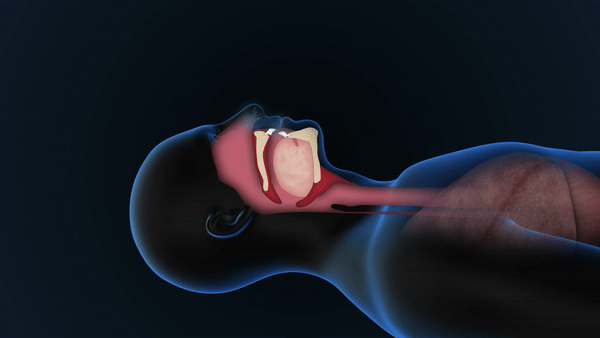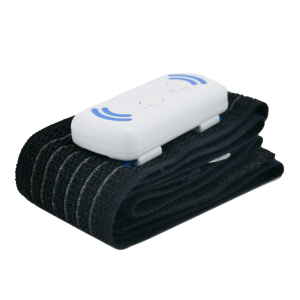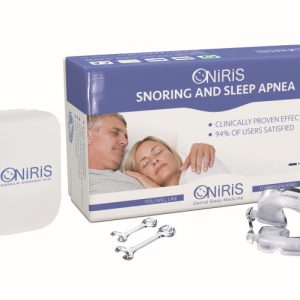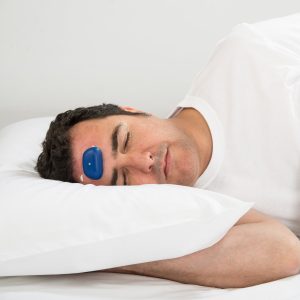Is snoring a sign of a more serious condition?
In some cases, snoring can be a symptom of a more serious sleep disorder called Sleep Apnoea. Sleep Apnoea is characterised by pauses in breathing during sleep and can lead to significant health risks if left untreated. It’s important to consult with a healthcare professional if you suspect Sleep Apnoea or have concerns about your snoring.
Are there any natural remedies or home remedies for snoring?
There are several natural remedies that may help reduce snoring. These include maintaining a healthy weight, sleeping on your side, elevating the head of the bed, avoiding alcohol and sedatives before bedtime, practicing good sleep hygiene, and using nasal strips or nasal dilators to improve airflow through the nostrils.
Do anti-snoring devices, such as nasal strips or mouthguards, work?
Anti-snoring devices can be effective for some individuals. Nasal strips improve breathing by opening the nose. Mouth-guards or MADs reposition the jaw to prevent the tongue from obstructing the airway. However, the effectiveness of these devices varies from person to person, so it’s important to find the one that works best for you.
Can weight loss help reduce snoring?
Weight loss can often reduce snoring, particularly if excess weight contributes. Losing weight can reduce fat around the neck and throat, making it less likely to have breathing problems during sleep.
Is snoring worse in winter?
Yes the lack of humidity can result in snoring. Air is drier in the winter, which can lead to dry nasal passages and sinuses. During the winter months, individuals are more prone to congestion, flu and colds, making a blocked nose mere likely. Using a humidifier can help reduce the risk of snoring as it provides moisture to the air in your room.
Why do I snore so loudly?
When you breathe, the air encounters resistance and causes vibrations in the tissues due to the restricted space. The more significant the obstruction, the louder the snoring tends to be.
Why don’t I snore when I am awake?
However, sleeping relaxes your muscles, which can narrow or block your airway As a result, the air flows more smoothly through your throat when you are awake, and you are less likely to snore.
However, when you sleep, your muscles relax, which can cause your airway to narrow or become blocked. This results in snoring.
Why have I started snoring?
The development of snoring can be triggered by a change in weight, facial anatomy, allergies, higher consumption of alcohol and the development of smoking.






